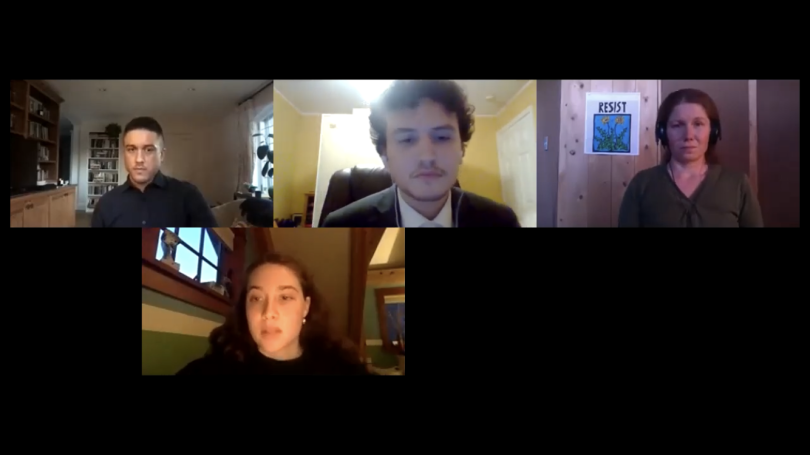
- Public Policy
- Leadership
- Funding
- News & Events
- About the Center
Back to Top Nav
Back to Top Nav
Back to Top Nav
Back to Top Nav
Written by Sebastian Munoz-McDonald '23
Selective Service registration has long been a hot-button issue in the United States. From the draft resistance and antiwar movements of the 1970s to the modern question of whether U.S. military draft registration should be abolished, made to include women in addition to men, or kept as a male-only requirement, it is clear that the issue of military draft registration persists in public policy and political discourse. The nation is now grappling with legislative division and considers legal cases such as National Coalition for Men v. Selective Service that could redefine the relationship between U.S. citizens and military service. The policy debate surrounding expanding draft registration to women is complex and longstanding, involving issues from civil liberties and human rights to civilmilitary relations and feminist thought.
In a April 20th virtual roundtable event that I helped put together, titled “Intersectional Feminist Perspectives on the U.S. Military Draft: the Politics of Inclusion, Compulsion, or Progress?”, speakers Rivera Sun, Tyler Monson, and Sophie Williams came together to discuss how their respective understandings of the path forward for the military draft related to their views on women’s rights, LGBTQ+ politics, and an array of issues in-between. Sun, an author, nonviolence trainer, and feminist antiwar activist with CODEPINK and World BEYOND War, emphasized the interconnected nature of women’s rights domestically and abroad, viewing policy that would end the draft as a way to move toward peace and liberation for the marginalized. Monson, the Assistant Director of the Dartmouth Consortium for the Study of Race, Migration, and Sexuality, emphasized that inclusion in systems such as conscription that may be compulsory does not convincingly create progress in material terms for LGBTQ+ people and women. Williams, an editor and writer for Dartmouth's intersectional feminist zine Spare Rib, made a case for why there is urgency for young people—particularly students, young women, and girls—to become involved in organizing and conversing with others to raise awareness about draft registration.
In my studies, I have researched a diverse range of feminist perspectives on peacebuilding, particularly focusing on the U.S.’s commitments to the Women, Peace, and Security agenda. Intersectional feminist perspectives on policy, while offering valuable insights into how to build a more holistic vision of international peace and security, unfortunately tend to go unnoticed or ignored by policymakers. Hearing the feminist perspectives on draft registration offered in this panel was an intriguing way to more deeply understand the nuance of a prominent policy debate. Especially as Congress now considers the expansion of the draft to women alongside proposals to end draft registration (e.g., U.S. Congressional bill H.R.2509), Americans would be well-served by being the most informed, active constituents possible; lending an ear to conversations on the historical and modern role of draft registration is a valuable way to do just that.